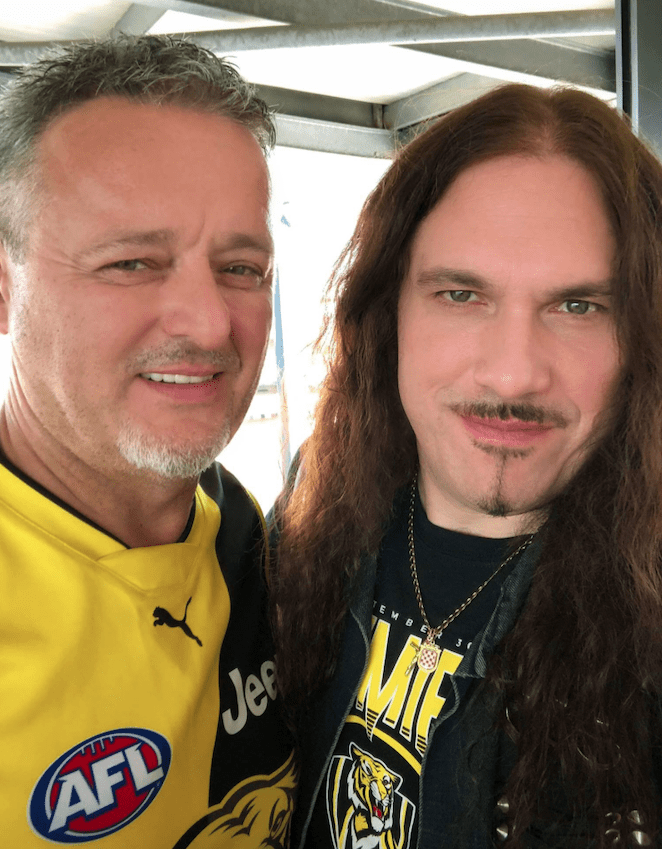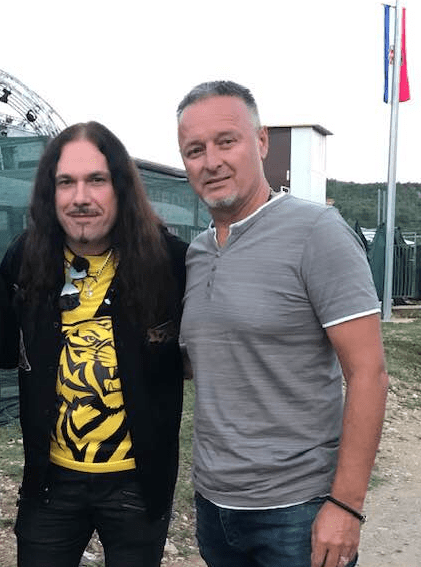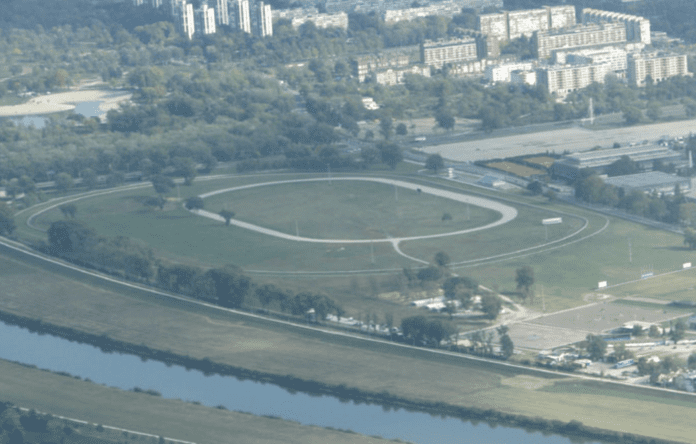An Unprecedented Spectacle Awaits
No one saw this coming. Not even the organisers. While it was anticipated that Marko Perković Thompson’s concert at Zagreb’s Hippodrome on the 5th July this year would be well-attended, few could have believed it would attract a world-record crowd.

In the first wave alone, a staggering 281,774 tickets were sold in less than 24 hours. This has already set a new global record for the highest number of tickets sold for a single concert, surpassing the previous benchmark held by Italian artist Vasco Rossi, who sold 225,173 tickets for his 2017 performance in Modena’s Enzo Ferrari Park.
Following such an overwhelming initial response, Thompson’s team briefly considered staging a second concert the following day. They even announced plans for it. However, due to technical complexities, the idea was abandoned. Instead, in coordination with city authorities, they opted to expand the event’s designated area and release additional tickets.
The frenzy continues. On Thursday alone, 30,000 people queued virtually for online tickets. Yet, with websites frequently crashing under the strain, many lost patience and resorted to lining up outside Tisak outlets across the country – not just in Zagreb, but in Split and other cities – where tickets priced at €30, €50, and €60 were available.

Estimating the final attendance for what is now being hailed as an unparalleled spectacle remains challenging. Some projections suggest up to half a million visitors could descend upon the Hippodrome.
Naturally, this unprecedented demand has posed daunting logistical challenges for organisers. Constructing a stage, arranging sound systems, and coordinating auxiliary services – from security and medical supervision to emergency response – for such a colossal audience requires meticulous planning.
Organisers have revealed plans to install 700 speaker cabinets to ensure a state-of-the-art audio experience. The stage, comprising 350 tonnes of scaffolding, will be complemented by temporary grandstands. Much of this equipment must be sourced from abroad, as Croatia lacks sufficient domestic resources.
The event will also feature pyrotechnics, visual displays, and a choreographed drone show above Zagreb’s skies. Notably, there will be no supporting acts or guest performers – Thompson and his band will command the stage alone for a three-hour set.
The feverish excitement gripping Zagreb, Croatia, and its diaspora is further evidenced by accommodation shortages. Nearly all lodging in the city has been booked three months in advance, with prices soaring as demand eclipses supply. For instance, an apartment near the Arena, typically €100 per night, is now listed at over €800 for the concert date. Similar spikes are seen citywide.
Yet, undeterred by costs, thousands – predominantly young people – are fervently scouring for tickets, desperate to witness a historic event unlikely to be repeated. This is not merely a concert; it is a cultural phenomenon.

